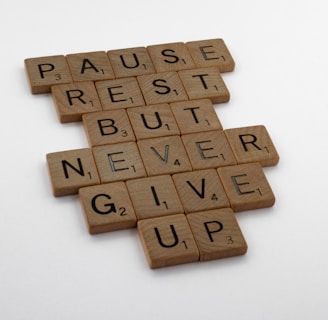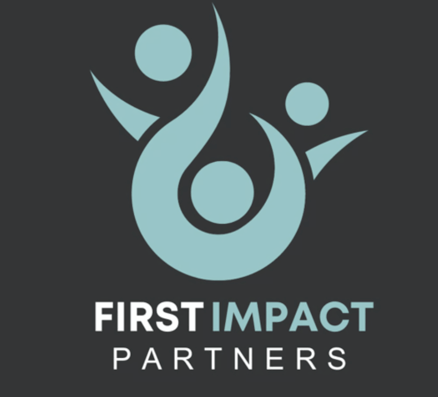10 Must-Have Qualities to Be Successful in Grant Writing
Achieve funding mastery and stand out in the world of grant writing with these ten crucial qualities. Learn how to craft compelling narratives that organically attract funders.
FUNDRAISING & GRANT WRITING








10 Must-Have Qualities to Be Successful in Grant Writing
In the intricate world of grant writing, standing out amidst a plethora of applications is paramount. To secure much-needed funding for your impact projects, it's vital to craft a compelling proposal that aligns with the funder's expectations. To guide you on this journey, here's a list of ten cardinal rules, each expanded upon to offer deeper insights to help you achieve your funding targets.
Top 10 Rules for Successful Grant Writing:
Understand the Funder's Objectives
Dive deep into the funder's mission and history. When you genuinely understand and align with their core values, your proposal resonates more authentically with the donor's vision.
Follow Guidelines Religiously
Adhering to the provided specifications isn't just a formality. These guidelines are crafted to streamline assessment processes, and ignoring them can result in your proposal being sidelined.
Be Clear and Concise
Clarity is pivotal. While using complex language is tempting, remember that a concise and jargon-free proposal often facilitates better comprehension and leaves a lasting impression.
State the Problem
Contextualize the challenge. By painting a vivid picture of the issue, you establish urgency, making a compelling case for why your solution is timely and necessary.
Provide Measurable Outcomes
Quantifiable results offer tangible evidence of impact. Define your metrics early on and ensure they are relevant and realistic, underscoring your project's feasibility.
Include a Realistic Budget
A well-thought-out budget demonstrates prudence and accountability. Ensure every dollar is accounted for, emphasizing the direct relation between funds and outcomes.
Build Strategic Partnerships
Joining forces with like-minded entities adds depth to your proposal. Such partnerships highlight your commitment to community integration and hint at your intention to scale and sustain your impact.
Proofread
Beyond mere grammar, a thorough review underscores your dedication to excellence. An error-free proposal exudes professionalism and respect for the funder's time.
Seek Feedback
An external perspective can offer invaluable insights. Peer review not only refines your proposal but also helps to anticipate or proactively address potential questions or concerns.Be Persistent
Persistence is emblematic of grant writing. While rejections can be disheartening, viewing them as opportunities to hone your proposal demonstrates your unwavering commitment to the cause. And remember, every well-written proposal provides a meticulous plan that you can leverage at a later point.
Finishing Thoughts
Honing your grant writing is critical to program sustainability and continued growth, especially if grants comprise a large portion of your revenue. By adhering to these guidelines, you are poised to craft a narrative that not only elucidates your vision but does so in a manner that's compelling and aligned with donor priorities. With each application, remember that you're advocating for a change, and your meticulously crafted proposal could be the catalyst that propels that change into reality.
Jake Abarca, MPH
Director, FirstImpact Partners
Last Updated 9/22/2023


